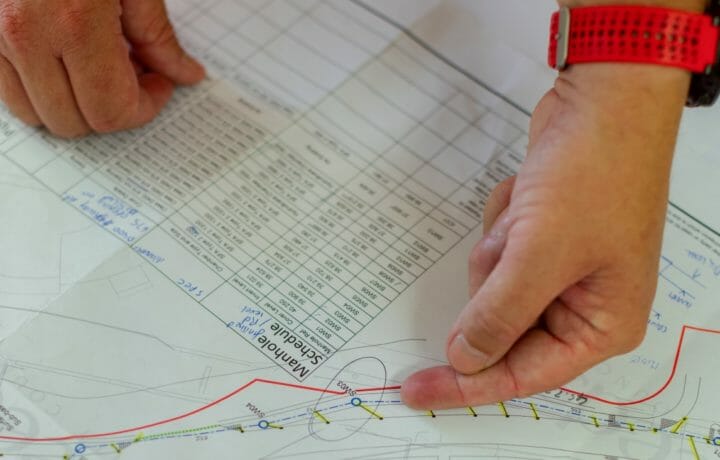How far can state governments go in restricting the activities of Federal agencies in their states? What happens to government contractors when states take on the Federal government? FCW looks at recent state proposals to restrict Federal data collection activities and how it affects businesses with contracts with those agencies.
Over the last couple of years there have been many revelations about the data collection activities of the Federal government. The NSA, in particular, has received a great deal of attention and condemnation for its work. Legislatures in several states are, or will be, considering laws intended to limit those activities in their states by punishing the Federal agencies or contractors doing business with those agencies.
The NSA is finishing work on its Utah Data Center. The Utah state legislature is considering passing a law that “prohibits cooperation between a federal agency that collects electronic data and any political subdivisions of the state.” It also directs private contractors for any state or local entity to also refuse cooperation. H.B. 161 Prohibition on Electronic Data Collection Assistance was introduced Feb. 24. The law is aimed at any Federal agency claiming the legal right to collect and store data on any U.S. citizen without their consent or a warrant.
The NSA facility is huge, and requires utilities such as water and power. The bill seeks to prevent the local water authority from supplying water necessary for cooling the building and the computers inside. It would also prevent the local electric company from supplying electricity, a food service firm from operating the cafeteria or a security firm from providing guards. It would affect telephone and cellular carriers, satellite services providers and even local and state law enforcement from working with the agency.
Similar laws are being considered in California and Missouri. FCW spoke to Trey Hodgkins, senior vice president, public sector at the Information Technology Alliance for Public Sector, who pointed out that the NSA is not the only Federal agency that collects data within the conditions specified in the Utah bill. The FBI, Customs Enforcement, the Coast Guard, the Department of Agriculture, the Bureau of the Census and the Department of Commerce are just a few examples. Hodgkins told FCW that the bills are so broadly written that they will cause “inadvertent damage” to contractors.
It is unclear if the various sponsors of these laws differentiate between legal data collection on the part of the NSA and unproven but potential illegal collection. It is also unclear what the legal basis is for the actions on the part of the states might be. Private state and local contractors such as snow plow services or lawn care companies should not be expected to be the enforcers of a state government’s displeasure with a Federal agency.
This may just be another round of bluster and hype. Should any of these state laws be passed, they will be challenged in court, costing taxpayers vast sums of money. The outcome is almost assured. States do not have the legislative authority to prevent private businesses or governmental agencies from doing business with the Federal government. It will be, as William Shakespeare said in Macbeth “… a tale told by an idiot, full of sound and fury, signifying nothing.”


